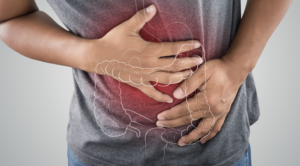
Understanding Colon Cancer
Let’s dive into the world of colon cancer—a significant health concern that affects countless lives. Colon cancer ranks as the third most common cancer-related cause of death in the United States. Colon cancer takes root in the large intestine affects 1 in 23 men and 1 in 25 women at some point in their life. In this article, we’ll learn about colon cancer, explore its signs and symptoms, delve into its root causes, understand treatment options, and arm you with natural strategies to support your well-being.

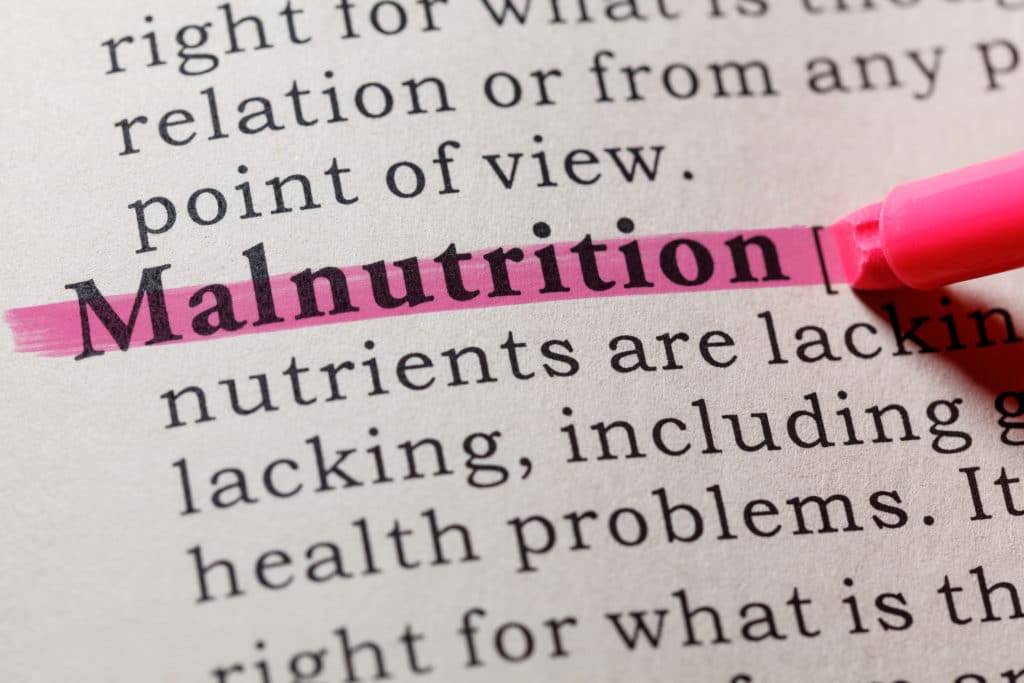
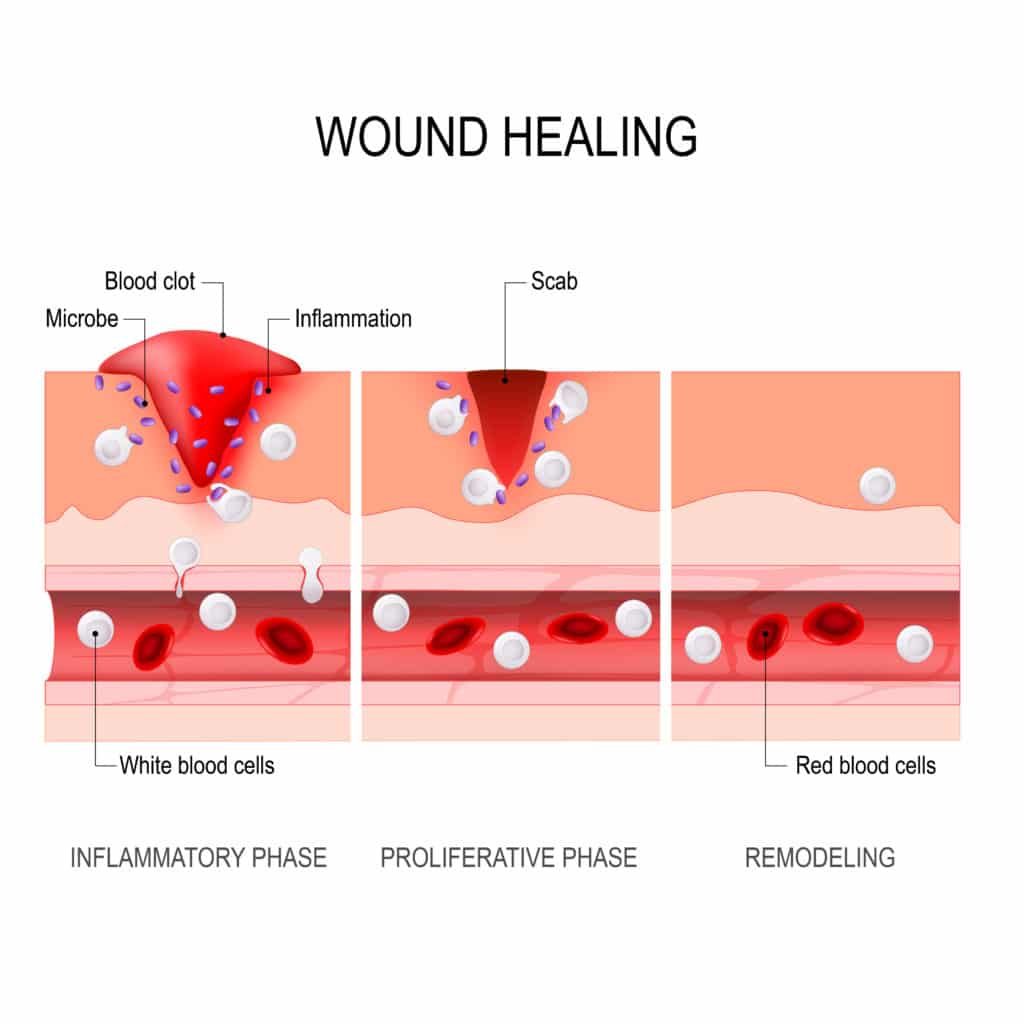
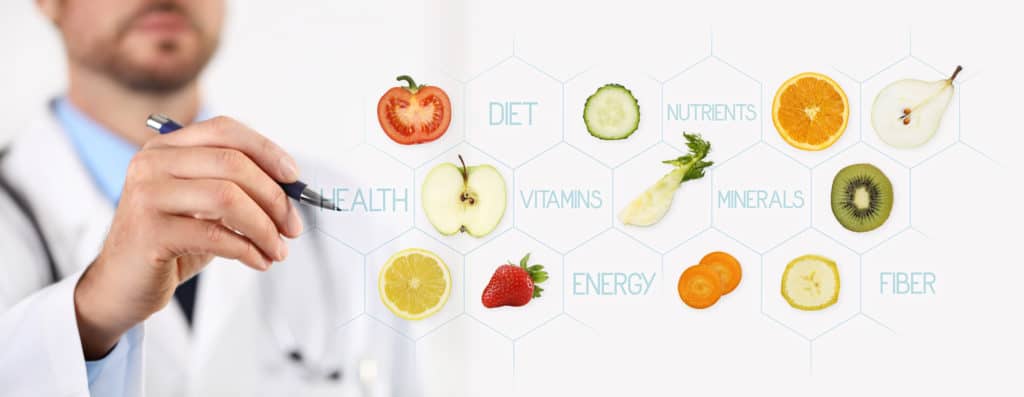

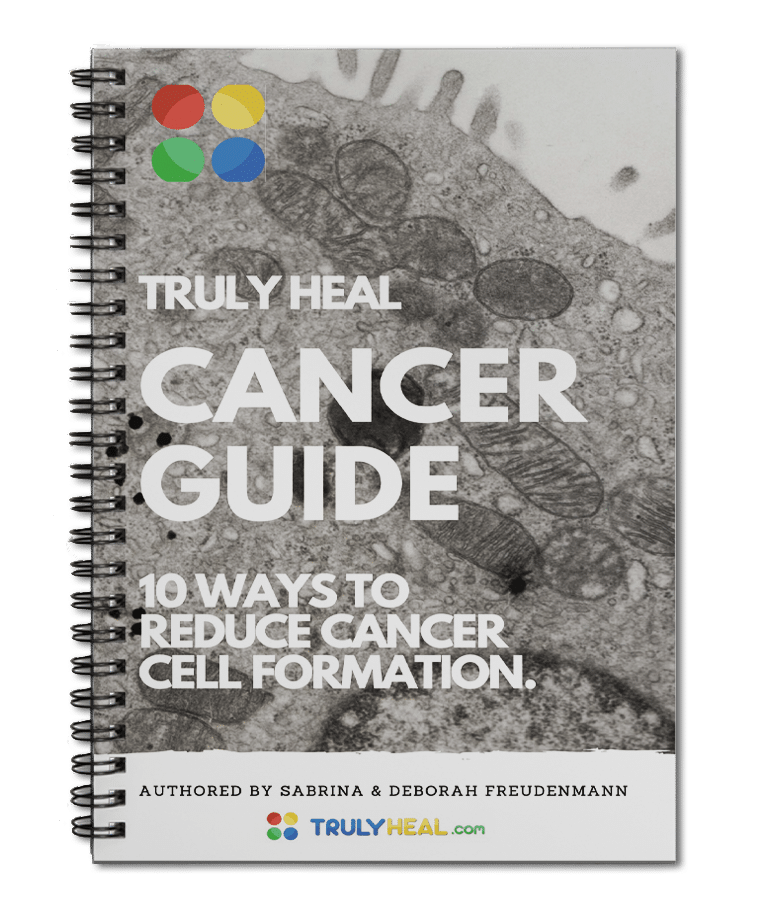
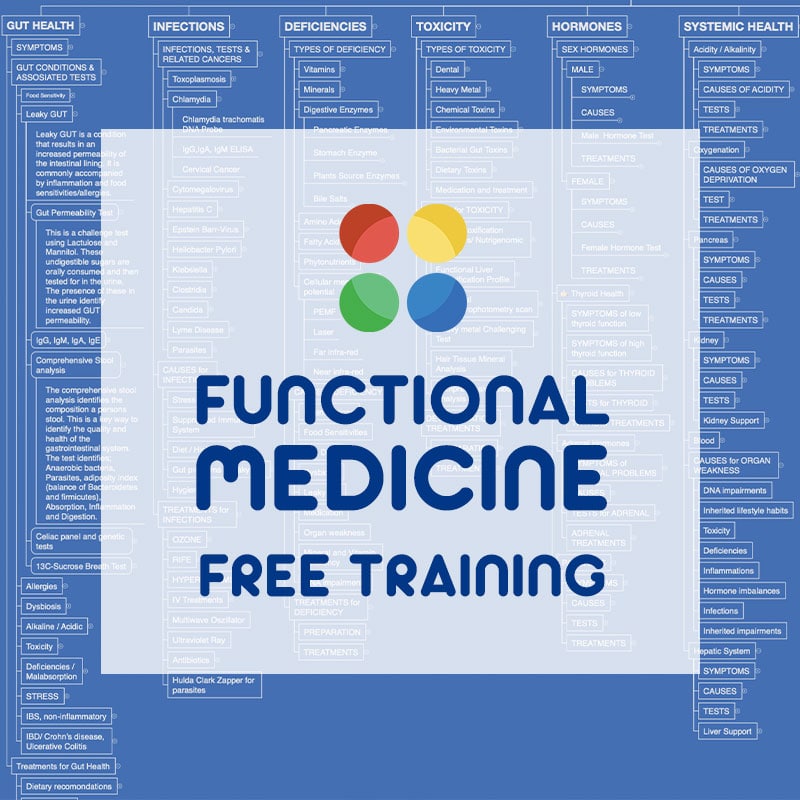
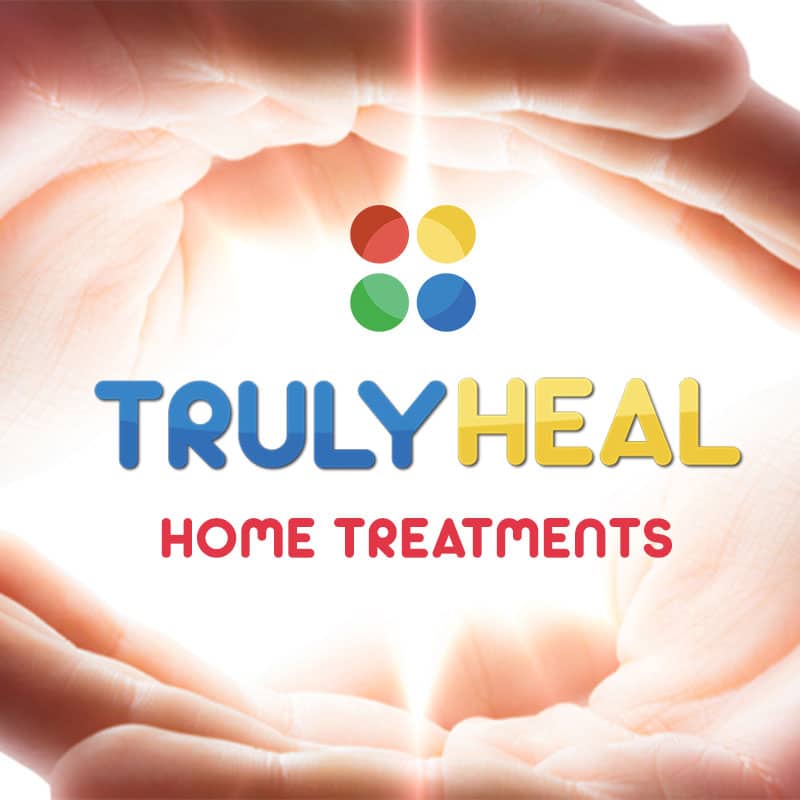

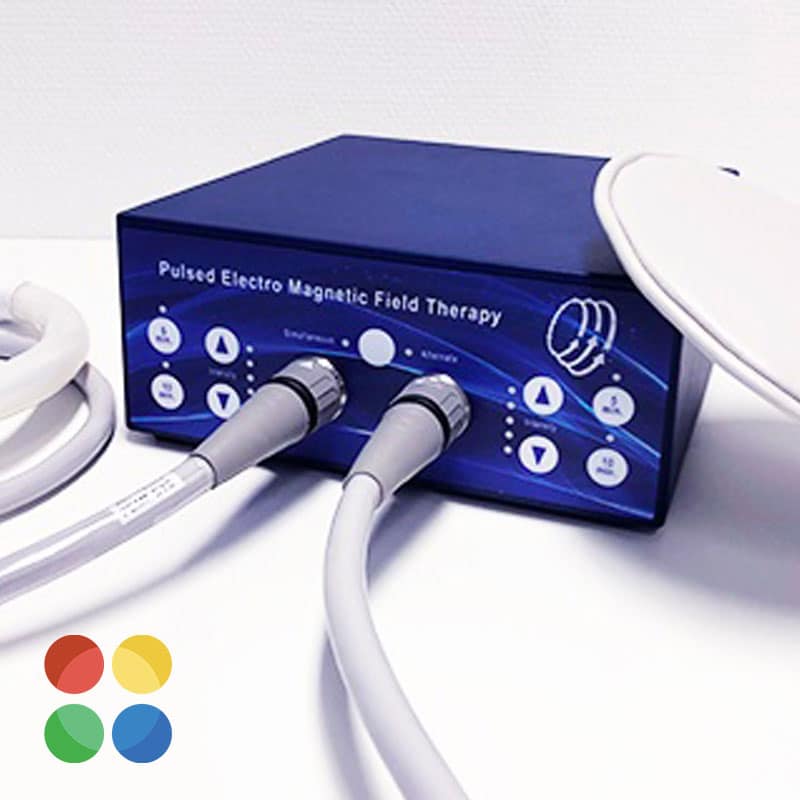

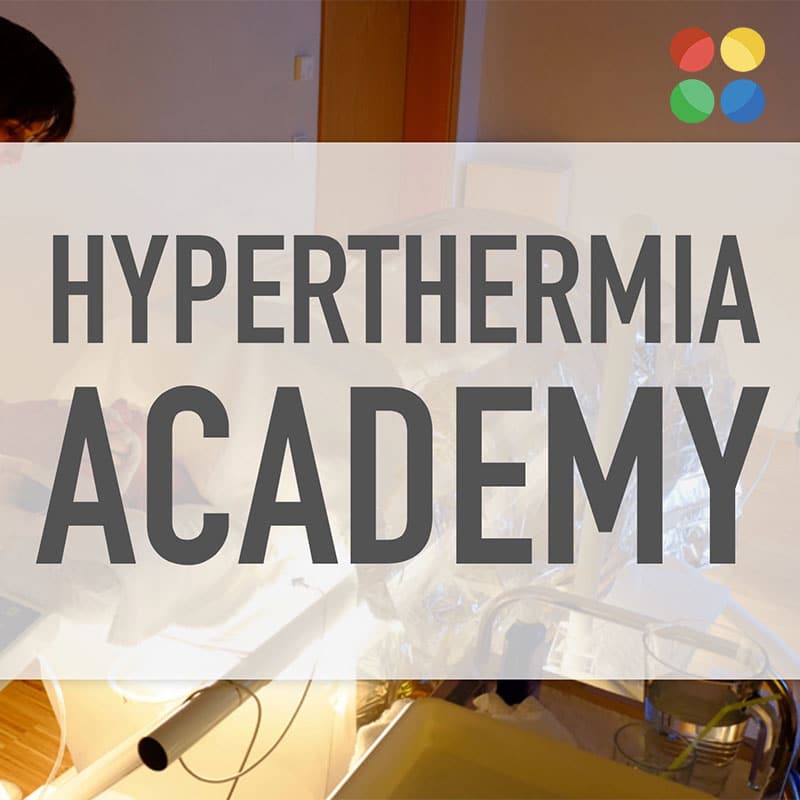


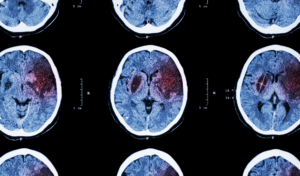
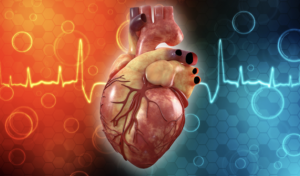
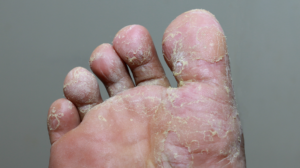

2 Responses
Nutrition is what boosts and supports the immune system Not fast foods or high end restaurants with sugar and canola oil that many use. Get good nutrients with supplements Thank you King Arthur USA
Hello Deborah,
I am always excited reading from you. Do you have a suggested meal plan or dietary guideline you would give for a person who has had a colon surgery to take out Crohn’s disease?
Thanks
Mike Ogwal